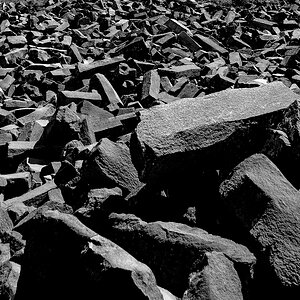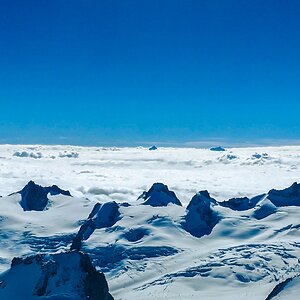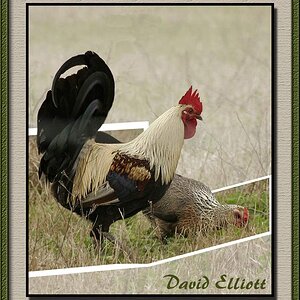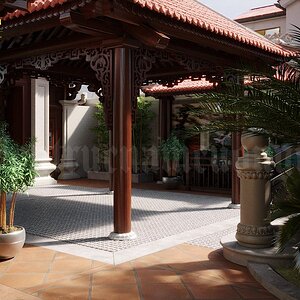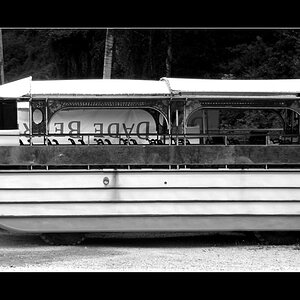EchoingWhisper
TPF Noob!
- Joined
- Aug 12, 2011
- Messages
- 1,553
- Reaction score
- 54
- Location
- Malaysia
- Can others edit my Photos
- Photos OK to edit
Isn't a larger sensor just a luxury? I can only name a larger sensor's benefit - more resolution. A different perspective is debatable - whether it's better or not. Depth of field and low light ability is almost the same, given that the lens is the same size and sensor design is the same (same megapixels). Almost all camera companies only put professional features in their larger cameras now. Is there other benefit for a larger sensor?



![[No title]](/data/xfmg/thumbnail/39/39460-55f4d48e22a9710f377f2a3dee45992e.jpg?1619739039)

